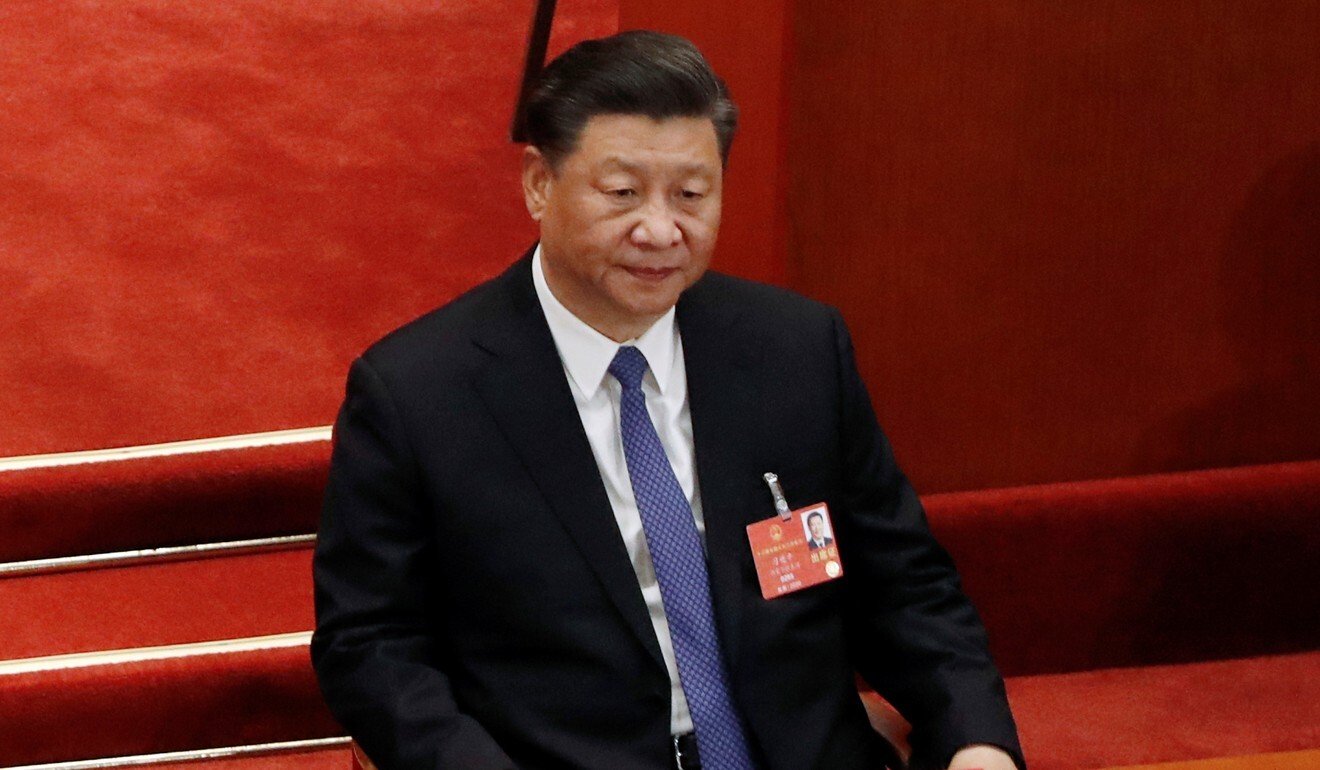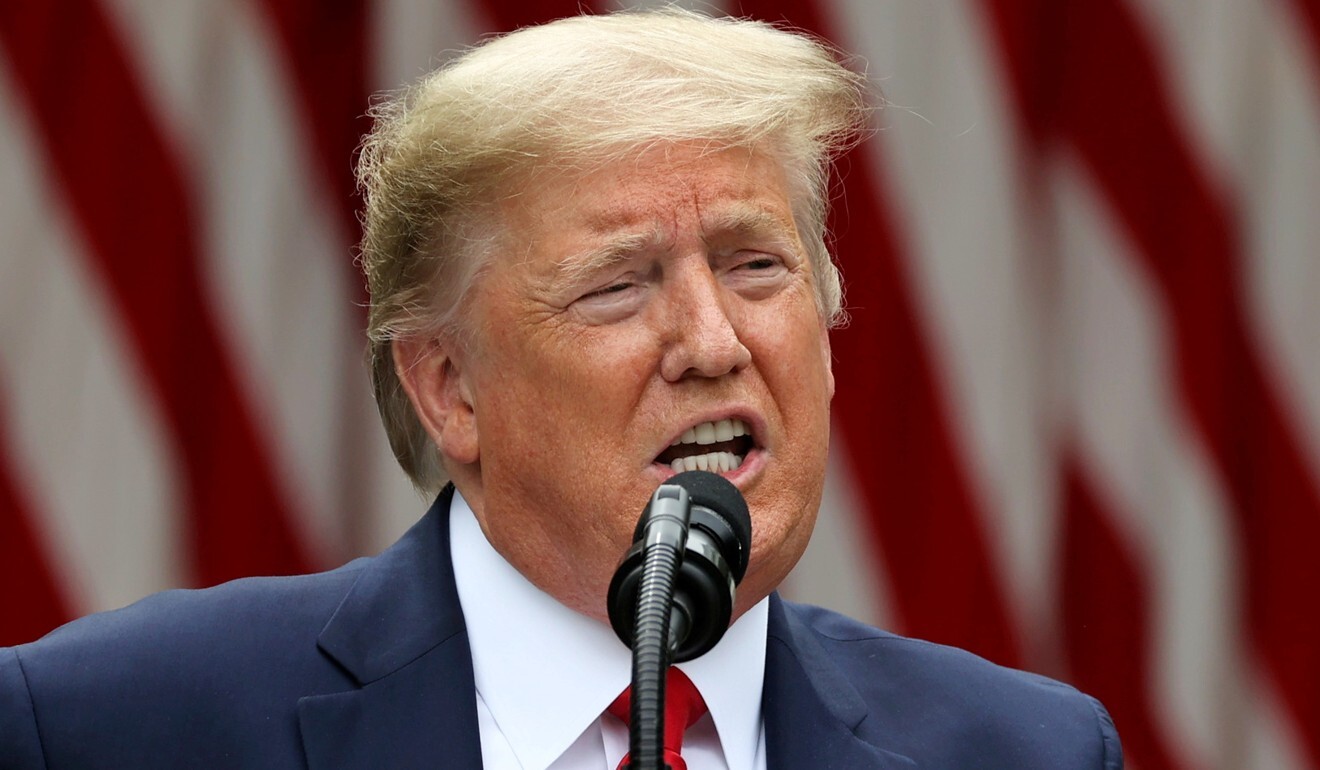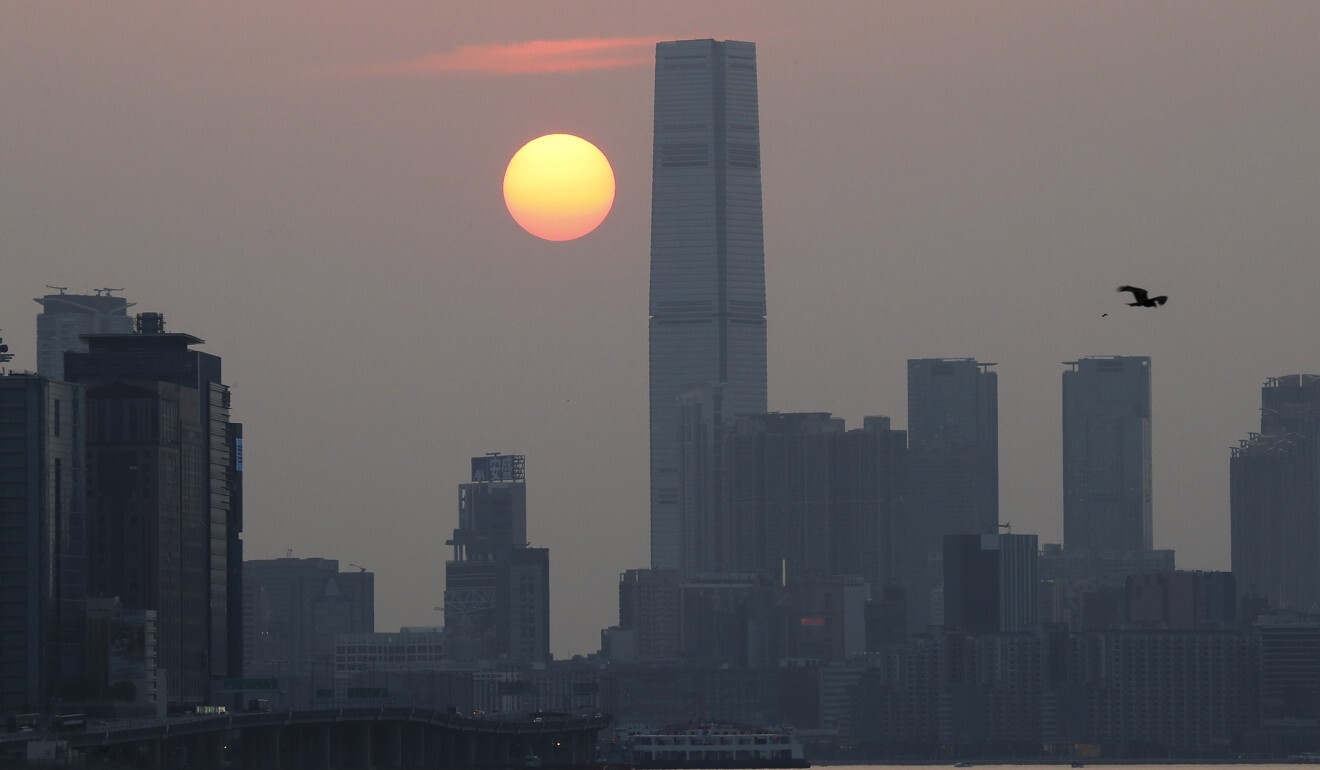
- It looks like Beijing and Washington can never be the allies that the Chinese leadership had desired, nor can Hong Kong afford to be a bystander amid this
- Whatever sanctions Washington imposes will not help a city in which the US also has its own share of interests.
It was a sunny day and I was a TV reporter for the city’s leading broadcaster in October 1997, three months after Hong Kong’s return to Chinese sovereignty, when we flew into beautiful Hawaii.
My crew and I were waiting for the most significant visit by a Chinese leader to the United States since the late paramount leader Deng Xiaoping’s milestone trip back in 1979.
Two “firsts” there: then-president Jiang Zemin would be the first Chinese leader, breaking Western isolation of the mainland over the 1989 Tiananmen Square crackdown, to set foot on American soil for a state visit, accepting US counterpart Bill Clinton’s relationship-building invitation; and it was the first time Hong Kong reporters would be allowed to “officially” cover major diplomatic activities of the country’s leadership, signifying the British colony’s return to the motherland after more than a century.
An official from the foreign ministry in Beijing had tipped me off that Hawaii would be Jiang’s first stop, a deliberate arrangement as he would visit Pearl Harbour to remind both sides of an almost forgotten part of history: the two countries were allies during second world war, although China’s participation was under Kuomintang rule.
“We were once allies, we could be allies again,” the official said.
Throughout the Clinton-Jiang period, a “strategic partnership” was gradually hammered out, despite many thorny unresolved issues such as trade, Taiwan, and China’s human rights record.
Then came George W. Bush as president.
I was in Shanghai covering the 2001 Apec Leaders’ Summit, again in October. What made the timing special was the September 11 terrorist attacks that stunned the world just a month earlier.
Jiang agreed to join hands with the US in the global fight against terrorism, though Bush had a new position on China, treating it as a “strategic competitor” rather than a partner.
 Volatility in China-US ties rose to a whole new level with the arrival of President Donald Trump. Photo: Reuters
Volatility in China-US ties rose to a whole new level with the arrival of President Donald Trump. Photo: ReutersTime flies, and soon it was 2012 when President Xi Jinping took the helm, also hoping to maintain a smooth relationship with the US. The chemistry between him and President Barack Obama was closely watched as the two tried to figure out where “the most important bilateral relationship of the 21st century” could go.
As the Chinese saying goes about couples, “same bed, different dreams”, and China-US ties have never been good enough, yet never too bad to justify a break-up – until volatility rose to a whole new level with the arrival of President Donald Trump.
It did not bother many here in Hong Kong, which was still enjoying its many privileges under “one country, two systems”, including the special trade status granted by the US under its 1992 Hong Kong Policy Act.
But the tide has definitely turned. Who could have imagined Hong Kong would be the last straw to bring about the total collapse of this complicated relationship?
In a blistering attack on Beijing over the weekend, Trump declared China an “enemy” over the issue of Hong Kong. While Beijing sees the city as a major national security loophole that needs to be urgently plugged through a tailor-made law, the US has accused it of destroying Hong Kong’s high degree of autonomy and threatened it with sanctions.
 Hong Kong can no longer afford to be a bystander in US-China relationship. Photo: Edmond So
Hong Kong can no longer afford to be a bystander in US-China relationship. Photo: Edmond SoThe top US diplomat in the city, Hanscom Smith, tried to give an assurance that retaliatory measures would be “as targeted as possible”. Be that as it may, it looks like Beijing and Washington can never be the allies that the Chinese leadership had desired.
Gone, also, are the days when Hong Kong could afford to be a bystander, or even a beneficiary, when the bilateral relationship was strained.
And whatever sanctions Washington imposes will not help a city in which the US also has its own share of interests.
Monday, June 8, 2020
China-US relationship: from ‘same bed, different dreams’ to a break-up over Hong Kong
Subscribe to:
Post Comments (Atom)
What Will Happen if the Coronavirus Vaccine Fails? A vaccine could provide a way to end the pandemic, but with no prospect of natural herd immunity we could well be facing the threat of COVID-19 for a long time to come. by Sarah Pitt
There are over 175 COVID-19 vaccines in development. Almost all government strategies for dealing with the coronavirus pandemic are base...


No comments:
Post a Comment